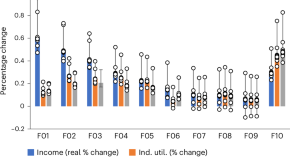

Combined food–energy production systems can help improve resource-use efficiency, but the extent to which such systems contribute to sustainable development has not yet been fully explored. This study evaluates this system in double-cropped maize ethanol production in Brazil.
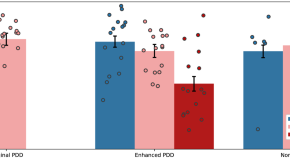
With advances in generative AI, political speech deepfakes are becoming more realistic. Here, the authors show that people’s ability to distinguish between real and fake speeches relies on audio and visual information more than the speech content.

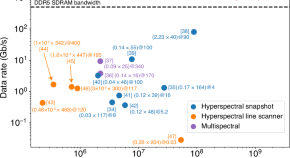
The field AI for processing language and images is quite developed, but analysing video content remains a significant challenge. This work introduces a hardware-accelerated integrated optoelectronic platform for real-time multidimensional video analysis, achieving data processing speeds of 1.2 Tb/s.

The authors showcase a directional information modulation scheme based on a programmable metasurface, which opens a new route to ensure physical-layer security and serves as a stepping stone toward endogenous secure communications.
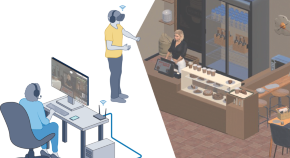
Virtual reality (VR) enables highly controlled exposure to environments that feel real, which can substantially improve mental health treatments. In this Review, Bell and colleagues describe current VR-based treatments and discuss technological and psychological tools that might promote enhanced immersive experiences.

In the hills of eastern Tennessee, a record-breaking machine called Frontier is providing scientists with unprecedented opportunities to study everything from atoms to galaxies.

Researchers developed an AI-enabled, battery-operated tool that can be operated by clinicians with no sonography experience — and that measures gestational age as accurately as high-specification ultrasound.
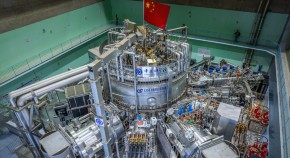
The country has ambitious plans for fusion power plants to provide clean, limitless energy. Can they be realized?

From supercool materials that send heat into space to shape-shifting materials that can selectively fend it off, scientists are finding new strategies to reduce urban temperatures.
There is a need for digital health innovation focused on bettering the health of marginalized populations. These communities, often insured by Medicaid and Medicare, face complex healthcare barriers that technology can address—emphasizing the role of the Center for Medicaid and Medicare Services (CMS) in fostering innovation. Dasari et al. identify four areas of CMS collaboration with startups: enhancing consumer awareness, leveraging telehealth, streamlining cross-state licensing and billing, and adopting technology-enabled tools.